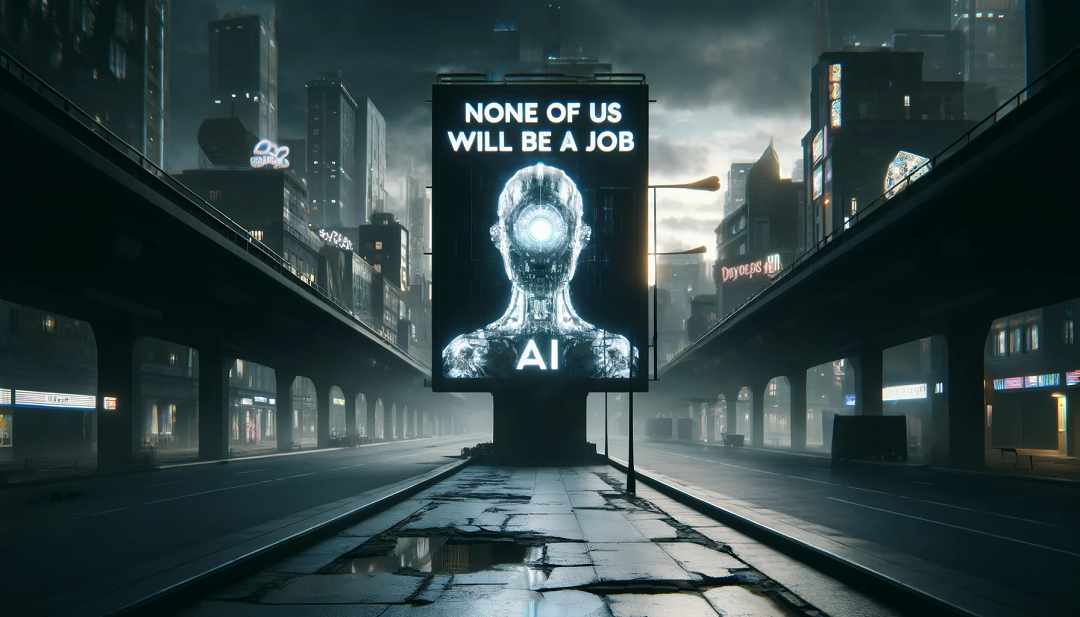
Elon Musk, CEO of Tesla and a renowned visionary in technology, spoke at the Viva Tech event in Paris, painting a future profoundly transformed by artificial intelligence (AI). Via a remote webcam session, Musk discussed the rapid advancements in AI, suggesting that these developments might eventually render traditional jobs obsolete.
Musk's bold prediction, "Probably none of us will have a job," points to a scenario where AI and robotics could fulfill all human needs for goods and services, making employment optional rather than necessary. According to Musk, the future could allow individuals to treat work more like hobbies, engaging in tasks they enjoy rather than out of economic necessity. This paradigm shift would require significant changes to our current economic structures, including the implementation of what Musk termed a "universal high income" – a concept he distinguishes from the more commonly discussed universal basic income (UBI), which involves regular, unconditional payments made to all citizens by the government.
The Tesla CEO elaborated on his vision during the event, which is one of Europe's largest gatherings for startups and tech innovators. Musk’s comments underscore a growing debate around the impact of AI on employment and the broader economy. He emphasized that AI's capabilities have accelerated so swiftly that regulators, companies, and consumers are still catching up with ways to harness this technology responsibly.
Musk, who has repeatedly voiced his concerns about AI, labeled the technology as his "biggest fear." Citing the "Culture Book Series" by Ian Banks, which offers a utopian yet cautionary tale of a society run by advanced technology, Musk challenged the audience to consider the social and ethical dimensions of a future dominated by AI. He posed a poignant question about human relevance in such a future: "If the computer and robots can do everything better than you, does your life have meaning?"
Amid these philosophical inquiries, Musk also touched upon the practical implications of AI in everyday life, particularly for younger generations. He expressed concerns over the use of social media, which he described as being driven by "a dopamine-maximizing AI," and advised parents to regulate their children’s engagement with these platforms to prevent negative psychological impacts.
Despite the visionary’s grim forecast for jobs, recent studies, including one from MIT's Computer Science and Artificial Intelligence Lab, suggest a slower-than-anticipated integration of AI into the workplace. The report highlighted that many positions thought to be at risk of automation remain economically beneficial for human employment. It also noted that jobs requiring high levels of emotional intelligence, such as those in mental health care, creative fields, and teaching, are less likely to be replaced by machines.
As AI continues to evolve, the dialogue between its vast potential and its challenges becomes increasingly critical. Industry experts and leaders like Musk are calling for thoughtful engagement with these technologies, advocating for ethical standards and frameworks that ensure AI benefits society broadly.
Musk’s reflections at Viva Tech have ignited a global conversation about the future role of AI in our lives, emphasizing the need for a balanced approach that fosters innovation while addressing the ethical, social, and economic implications of a world where "none of us will have a job." This discussion is crucial as we navigate the uncertainties of AI and strive to harness its capabilities in a way that enhances human dignity and societal welfare.